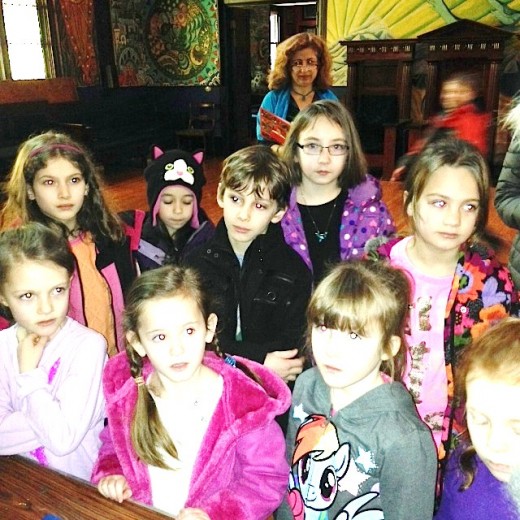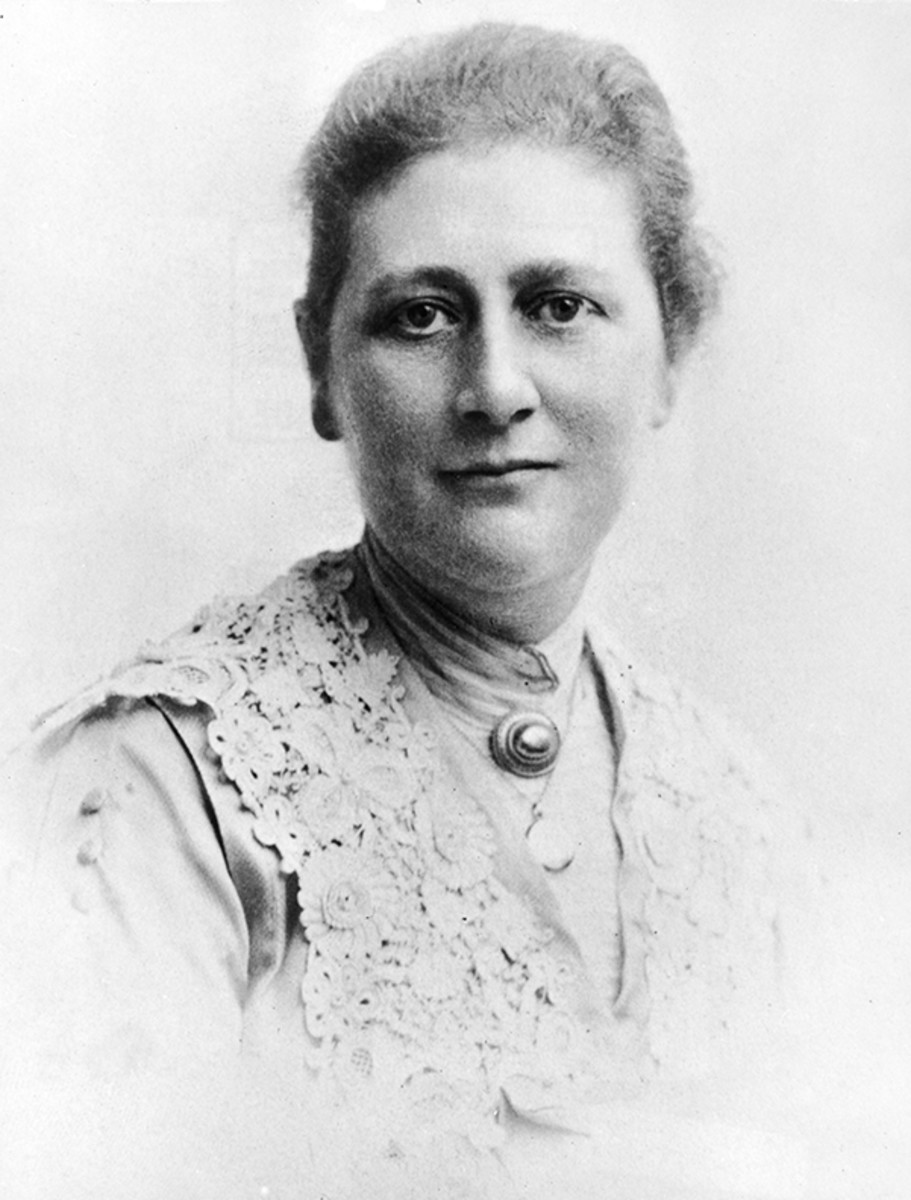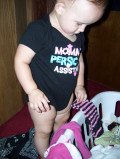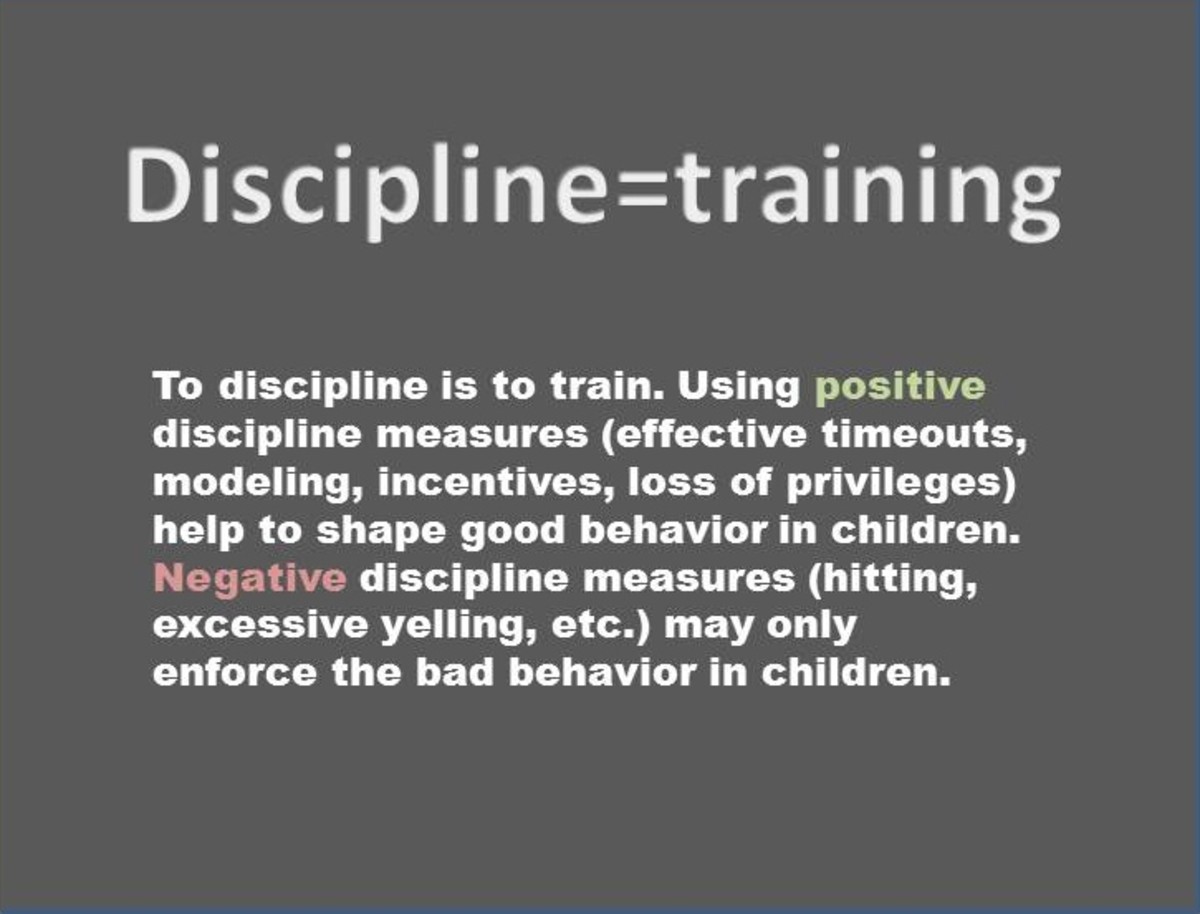This is not just about my daughter

Not only about
This is not just about my daughter. This is about all children - my reflections, discoveries, the never-ending search...
At first I wanted to write a sort of a response to the Gana Slutsky discussion regarding challenges of raising children in Israel. But should it be only about Israel? Then I was asked to share with readers my methods of raising my daughter. I suspect I shall have many opponents as well as valuable advisors. I began when I was only twenty two, and would gladly welcome you to talk, share your experiences and opinions ....
I have always thought that one needs to invest as much as possible into one’s child up until the age of five, during the child’s formative years. After that, your job is to simply guide and
enrich. If you missed out on that stage, your job becomes considerably more complicated. And if you are not particularly concerned, or you prefer the role of an observer, you should not be surprised when your child does not meet your expectations. As a friend of mine once said, "You got lucky with that daughter of yours, and I didn’t.”
Back when my daughter was a baby, I thought of her and treated her as an individual. I did not invent any baby talk, and I’ve always spoke to her as to an adult. I remember how this made my neighbors laugh and comment: “Why do you talk to her like that -- she is not old enough to understand this anyway.”
My daughter started talking very early, and, as she jokes now at 35, she has never stopped. She started off with speaking in full sentences, with minimal pronunciation errors. By the time she turned one, we began taking her to art exhibits, museums, our travels across the former Soviet Union. We read constantly, listened to music, danced to the sounds of old records, drew and painted. At the age of three she started the so-called “school of aesthetics,” where the German education system was used to teach foreign language (German), drawing, music, choir. Unfortunately, this did not last, but the results became visible later.
Of course, things are very different these days, when my 19 years old son is growing up in a bilingual family. A while ago I attended a seminar on teaching reading skills to babies; without any particular effort, my son was already reading single words by age of two. The school of aesthetics in my son’s case was
replaced by the Children's Museum that offered music lessons
and other activities.
My daughter always accompanied us on our trips to the theater. I remember once, before the show at the Mayakovsky theater
in Moscow the cloakroom attendant wanted me to make sure that "your little girl wouldn’t get scared of Baba Yaga; isn’t she a little too young?” Natasha was three at the time and she was not in the least afraid.
Here in the States, I have always tried to take her to theater
performances and to distract from her intense school work.
At the age of five she started the so-called British school. My
mother, who is a doctor, expressed her indignation that the child was deprived of her childhood. Later, when regular schoolwork was supplemented by music lessons, she declared that the child would soon perish under such a workload.
I cannot say that all our plans went smoothly. When my daughter turned five, I decided that she was ready for school (she already knew how to read and could solve simple math problems), she declared that she “has no intentions to start kindergarten or school, and prefers to be retired like grandgrandma.”
At the age of twelve, my daughter asked me an unexpected question: “What would I say if she started smoking.” I don’t know what sort of answer she had expected, but I said the following: "You would jeopardize your health and your chances of being a mother some day, so you should give it some thought and decide whether it’s worth it.” I believe my answer surprised her. Later she told me that at her school and in college, kids frequently discussed what their parents forbade them to do. When she was asked what her parents don’t allow, my child had nothing to add to the discussion. Nothing was really prohibited in our family: actions and deeds were always discussed and thought over. My daughter has always been responsible for her own actions.
Ever since she was a little girl, I bought her books about animals and nature. Her grangranddfather, a microbiologist, took her with him to the laboratory, showing her life under the microscope, talking about his favorite science. In sixth grade, she developed an interest in astronomy. She now holds degrees from several universities, along with a Ph.D. in neurobiology. She has published articles about her research on the Alzheimer’s disease in prestigious scientific journals . This is how she shaped her life. Along with her PhD, she has five Bachelor’s and Master’s degrees, a Master’s degree in Philosophy and Arts. She speaks six languages - English, Russian, Hebrew, Spanish, Italian, Chinese. As a consultant for McKinsey, she travels all over the world and across the United States.
While still in college, she signed up for a course of astronomy. I’d like to add that her first scientific report was given at the Institute of Astrophysics of the Tajik Academy of Sciences, a branch of the Moscow institute, when she was only nine years old.
A while ago we took a family trip across the United States; on the West Coast, we visited the famous Paloma observatory in California. This was my daughter’s request.
In 1996, when she was seventeen, the newspaper "New Russian Word" published an article about her, under the heading “The ones we are proud of,” where they wrote that after two years in the States, my daughter achieved some considerable academic success -- she took the third place in the state competition and earned a bronze medal for her research project. She also participated in the National Scholars’ competition in
Washington. Her biography was entered in the directory "Who
is Who among the American high school students," 1995-1996.
Another article, “Only 24 Hours in a Day” was published in the same newspaper in 1999. To the already known material, they added information about her work with NASA. She completed training flights on the aerospace base in Maryland and Texas, where she participates in zero point flight, i.e. weightlessness, while at home we watched videos of this flight.
While working on her Master’s degree, she taught some undergraduate courses, and I received many compliments on her teaching style from her students at the graduation party.
Later several local English newspapers wrote about her, primarily about her work as a young doctoral student. She was only twenty one when she began her scientific career.
Natasha dances flamenco on a professional level; she has terrific skills as an embroiderer (her detailed fine embroidery is frequently taken for paintings), and when she has time, she plays piano and paints.
As you can see, I can talk about this forever. Now I just have t remind her that sleep is good for her, and that she must find time for rest amidst all her activities.
By now she has visited over twenty countries; we lost count of the states she has been to.
Life goes on, and, while our children grow and mature, we still remain their parents...





